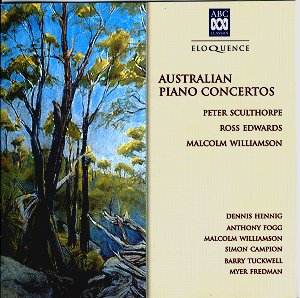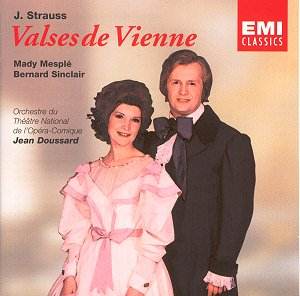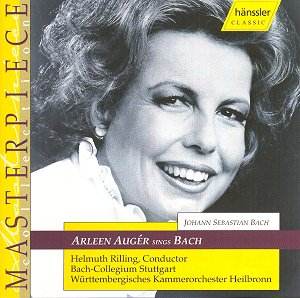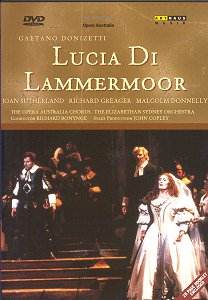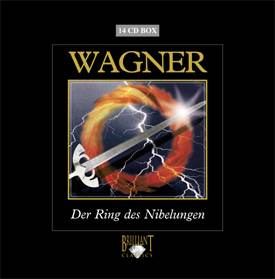 Composer: Richard Wagner
Composer: Richard Wagner
Works: Der Ring des Nibelungen (Das Rheingold, Die Walküre, Siegfried, Götterdämmerung)
Performers: Wolfgang Neumann (tenor, Siegfried), Carla Pohl (soprano, Brünnhilde), John Wegner (bass-baritone, Wotan), Oleg Bryjak (bass, Alberich), Edward Cook (tenor, Siegmund), Gabriela Maria Ronge (soprano, Sieglinde), Michael Novak (tenor, Mime), Frode Olsen (bass, Hunding), Bodo Brinkmann (baritone, Gunther), Ortrun Wenkel (contralto, Erda), Zlatomira Nikolova (soprano, Fricka)
Recording: Live at the Badischen Staatstheater Karlsruhe, Germany (1993-1995)
Label: Brilliant Classics
Richard Wagner’s monumental Ring des Nibelungen stands as a towering achievement in the operatic canon, a synthesis of myth, philosophy, and music that challenges performers and captivates audiences. The present recording, conducted by Günter Neuhold with the Badische Staatskapelle, offers a complete traversal of this epic tetralogy, albeit from a provincial German opera house rather than the grand stages of Berlin or Munich. While the absence of legendary Wagnerian voices may be felt, this performance invites both seasoned aficionados and newcomers to experience the profound emotional landscape Wagner crafted.
Neuhold’s approach to the orchestration exhibits a commendable balance, capturing the intricate textures of Wagner’s score while allowing the vocal lines to emerge distinctly. The orchestral playing, although not consistently at the level of the world’s leading ensembles, provides a solid foundation for the vocalists. The sound engineering, characteristic of live recordings, retains a sense of immediacy, with the orchestra often receding into the background, reminiscent of the Bayreuth tradition. Such a balance is especially effective in the preludes, where the orchestral color swells before the drama unfolds.
In examining the vocal performances, one encounters a mixed array of interpretations. John Wegner’s Wotan, while lacking the gravitas and dramatic impact expected of the character, reveals glimpses of power during his intense moments of confrontation. The emotional core of Die Walküre is vividly portrayed by Gabriela Maria Ronge as Sieglinde, whose passionate delivery during “Winterstürme” captivates, even as Edward Cook’s Siegmund struggles with vocal consistency. The casting of two tenors for Siegfried creates a disjointed narrative continuity, and while Wolfgang Neumann’s tenor displays a youthful fervor, it suffers from pitch instability due to a wide vibrato.
Contrastingly, Carla Pohl’s Brünnhilde emerges as a highlight, displaying a bright, dramatic soprano that, after a lengthy hiatus, finds its strength in the climactic moments of Siegfried. Her performance, particularly in Act 3, showcases a compelling mixture of vulnerability and fierce resolve. As for the supporting roles, Oleg Bryjak’s Alberich resonates with a sinister depth, effectively embodying the character’s malice. Frode Olsen’s Hunding, while vocally secure, lacks the menacing gravitas needed to truly threaten Siegmund and Sieglinde.
Despite its shortcomings, this complete Ring provides an accessible entry point into Wagner’s complex world. The absence of extensive production notes and translations may deter some, yet the intrinsic power of Wagner’s music shines through. For those seeking a comprehensive experience of the Ring, this set holds its own as an affordable alternative to more illustrious recordings. It encapsulates the essence of Wagner’s vision, and while it may not reach the heights of the great interpretations, it does succeed in delivering the emotional and dramatic weight that is the hallmark of Wagnerian opera. Collectors and newcomers alike will find value in this offering, which, despite its limitations, reinforces the timeless relevance of Wagner’s masterwork.
